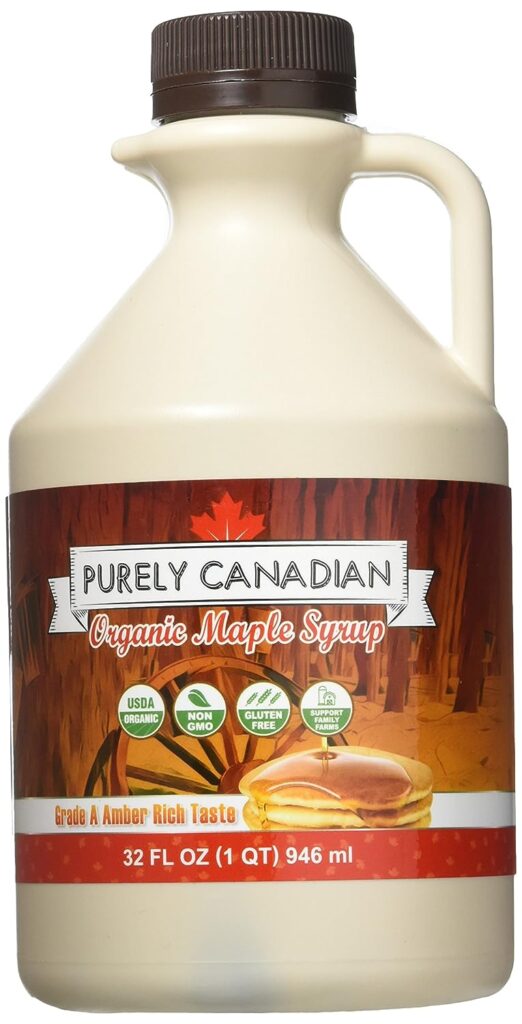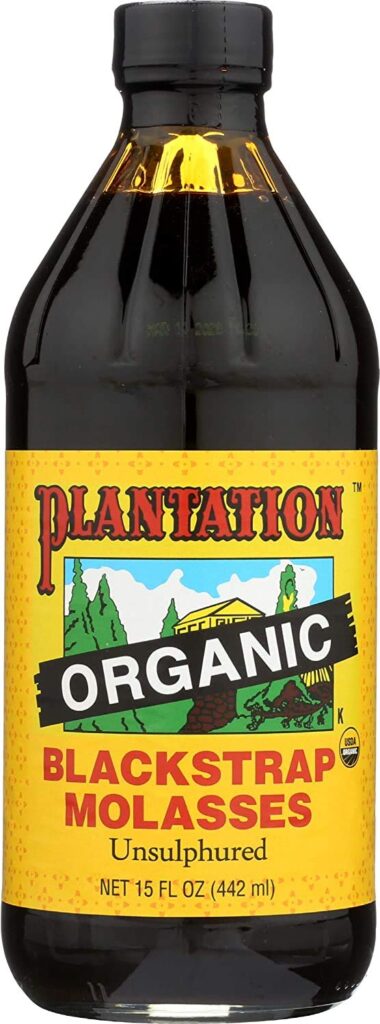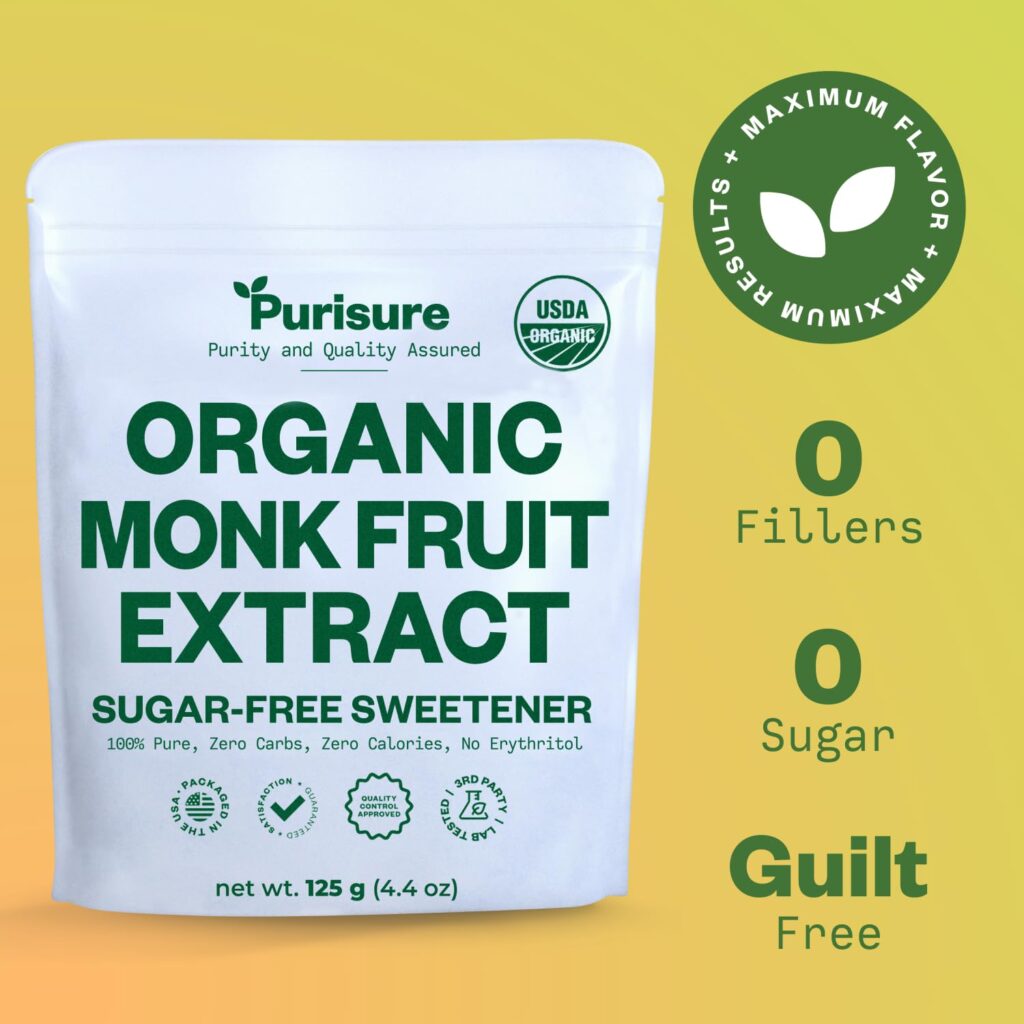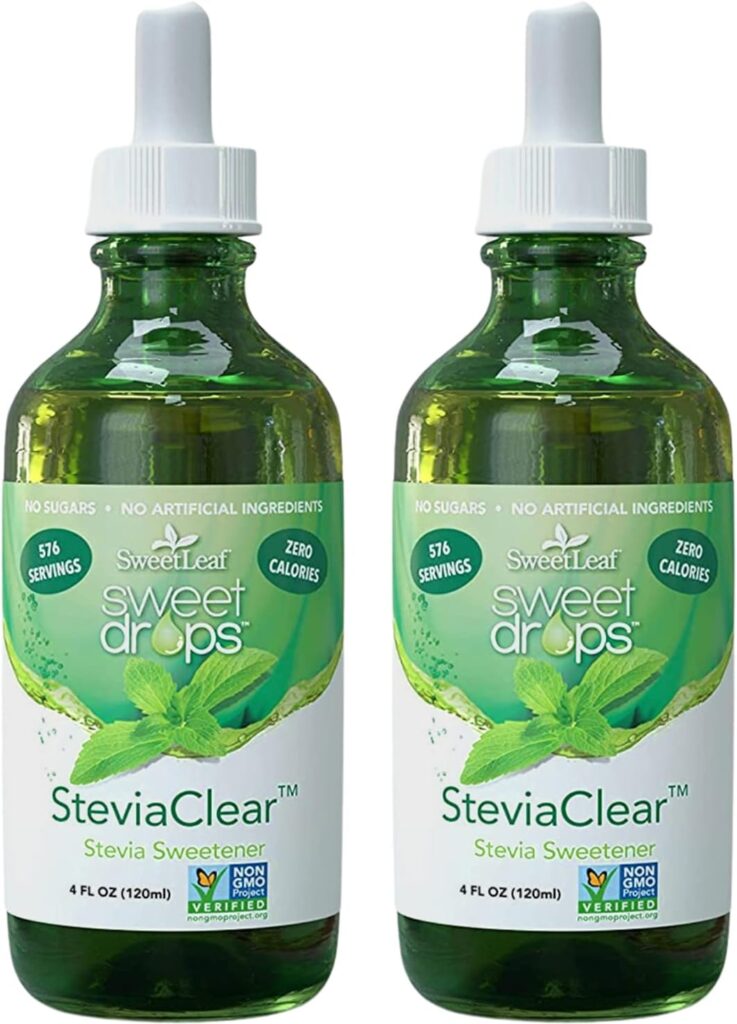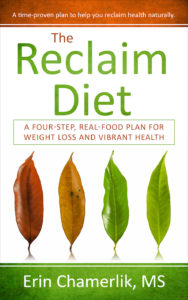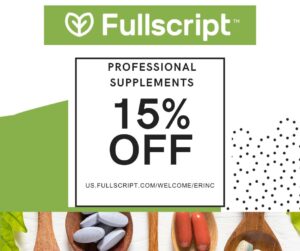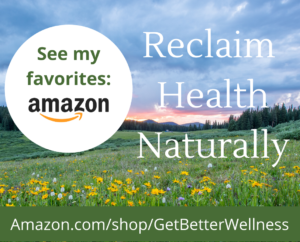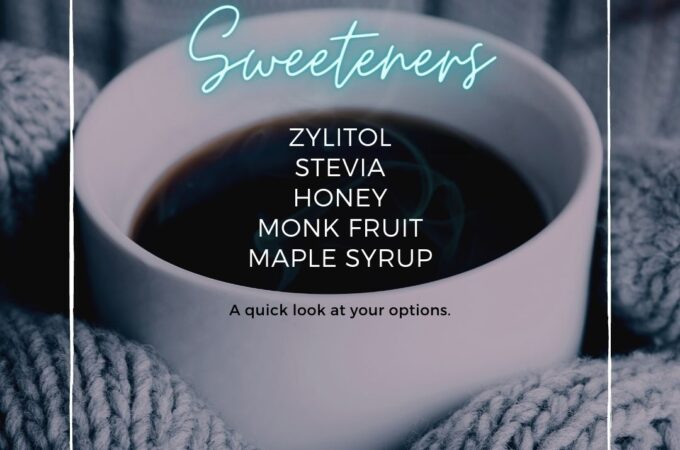
A Quick Look at Natural Sweeteners and Sugar Alternatives
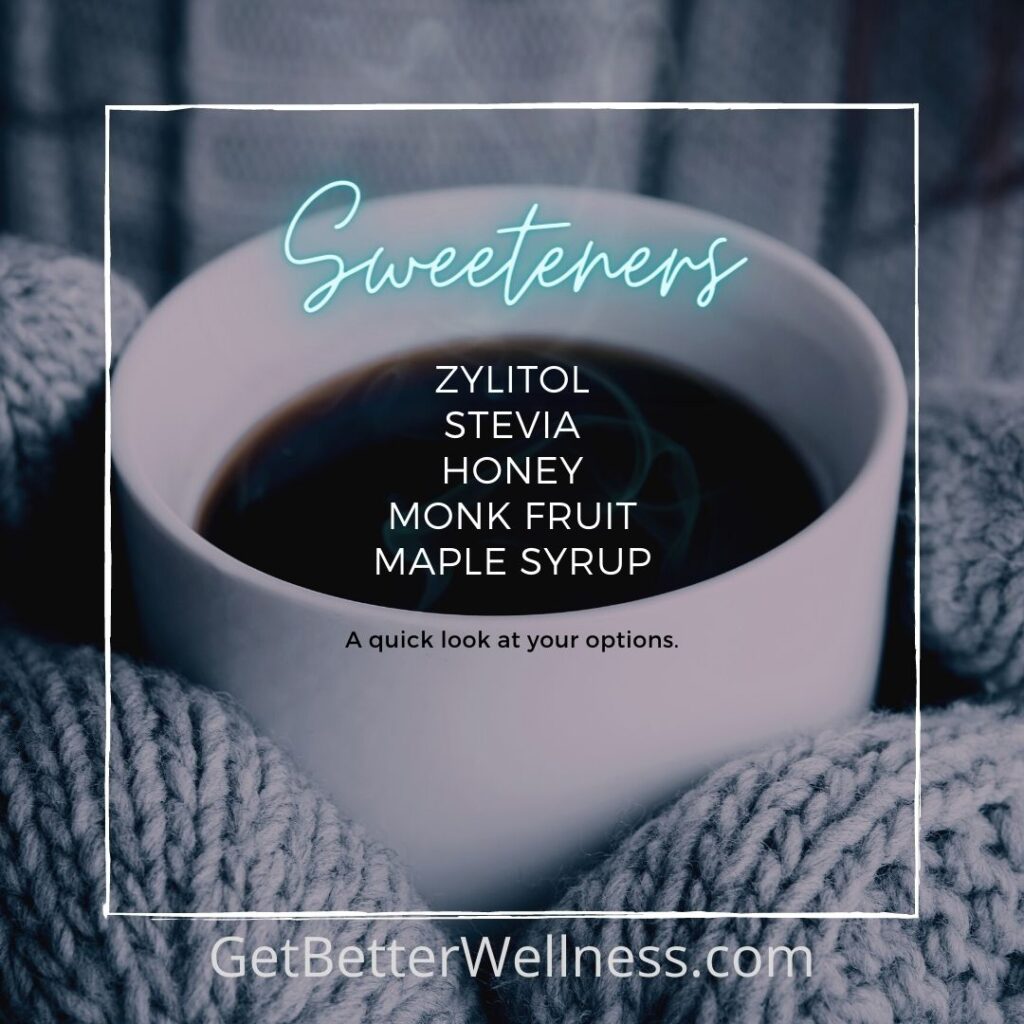
When you discover something sweet, don’t overindulge and eat more than you need, for excess in anything can make you sick of even a good thing. – Prov 25:16 TPT
Sweeteners can be a slippery slope, but if you want to add a little here or there, opt for alternatives to straight up white sugar.
In general, all sugar gets converted to glucose as we consume it. From that standpoint there is not much difference between white table sugar and other natural sugars including coconut, honey, maple syrup and molasses.
In this article I will share my thoughts on sweeteners to avoid (all artificial sweeteners) and which sweeteners are better than white sugar.
I’m not a big fan of sugar alcohols, like xylitol, as a sweetener.
My view on the sugar alcohols (often their name ends in -ol) is that we need to limit them and probably even avoid them.
Sugar Alcohols
These are the substances which are usually, but not always, identifiable by the suffix “-itol”–sorbitol, xylitol, mannitol, erythritol, lactitol, maltitol, isomalt and hydrogenated starch hydrolysates (HSH).
Weston A Price organization
Most sugar alcohols are not metabolized and cause problems.
- Sugar alcohols draw water into the bowels.
- They can cause digestive issues and have a laxative effect.
- Sugar alcohols can cause diarrhea, gas, cramping, bloating and stomachaches.
Xylitol
- Xylitol, as a sugar alcohol, causes digestive problems noted above.
- Xylitol is toxic to dogs.
- Read ingredients, xylitol is frequently used in sugar-free gum, candy, breath mints, baked goods, peanut butter, pudding snacks, cough syrup, chewable or gummy vitamins, and supplements or over the counter medications, mouthwash, and toothpaste.
- Xylitol is also found in over-the-counter laxatives and digestive products, nasal sprays, skin care products, allergy medicines, mouth lozenges, sleep aids, etc.
- Xylitol may be in certain prescription medications, especially quick dissolve tablets or liquids.
Erythritol
- Erythritol has a glycemic index of zero—it does not spike insulin.
- It is a byproduct of fermenting corn or birch trees.
- As discussed, many sugar alcohols cause gastrointestinal distress because they pass through the digestive tract and reach the colon where bacteria there ferment the sugar alcohol, potentially causing gas. Erythritol does not typically have that side effect when consumption is kept low.
- If you choose to use it see how you feel, it may cause bloating, gas and/or diarrhea.
Better options
Raw Honey
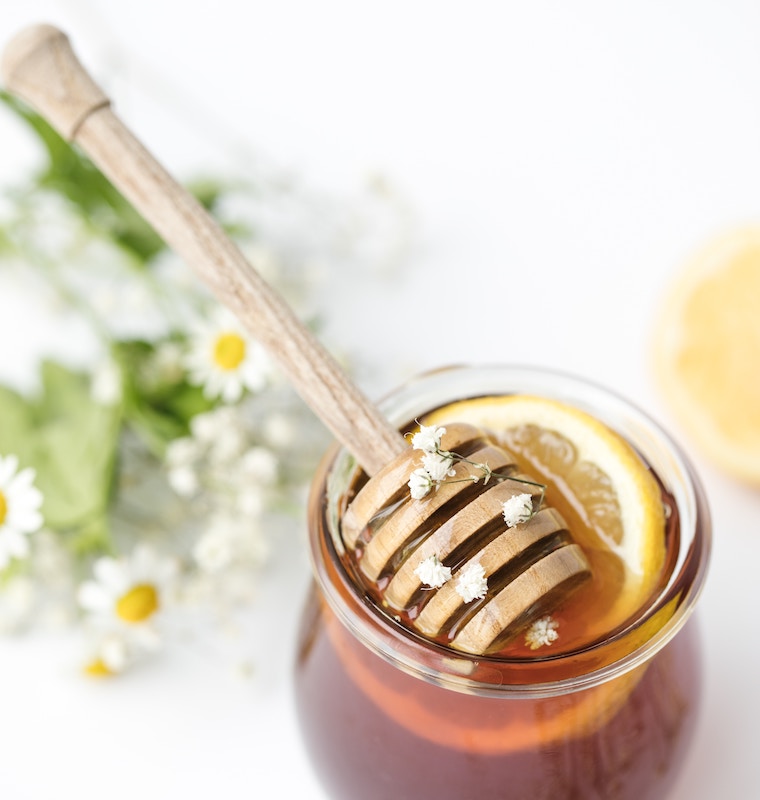
Local, raw honey has health benefits, but keep the amount low and buy quality.
FarmersAlmanac website lists the benefits. “Local, raw honey is known to be a powerful antioxidant and contains bee pollen and propolis, substances produced by bees that have been used medicinally by humans since ancient times.”
Four Uses for Raw Honey:
Homemade Electrolyte Drink
Dr. James DiNicolantonio, author of The Salt Fix, wrote, “Consume more salt before and during exercise. It may help your body cool off faster. Adding 2,300 milligrams of sodium (1 teaspoon of salt) per liter of water has been found to reduce total fluid loss during exercise.”
- Quart of filtered water
- Juice of 1 – 2 lemons
- 1 – 3 tsp raw honey (for children under age 1 substitute coconut sugar or palm sugar)
- 1 dropperful of SweetLeaf Stevia
- ½ – 1 tsp Redmond’s Real Salt (Not table salt which has had the minerals removed).
Wounds: Apply Topically
- Honey is a natural antiseptic.
- It kills bacteria and disinfects.
- Raw honey creates an environment where bacteria cannot survive.
Allergies
- FarmersAlmanac says, “Eating unfiltered, unheated, raw honey produced within your area, (50-mile radius or less) is like receiving a natural anti-allergy shot!
- Quercetin, a component of honey, has been found in studies to reduce inflammation and pollen allergy symptoms. It stabilizes the cell membranes that release histamine, which triggers allergic reactions. Raw honey also contains bee pollen and bee propolis, which boosts the immune system, and builds immunity to allergens.”
Soothe Coughs
- Add 2-3 teaspoons of raw apple cider vinegar to 8-ounces of water. Blend in a teaspoon of honey. Warming the mixture can help the honey to mix in and it may be more soothing to the throat. Add a few drops of Lemon Vitality to boost the benefits.
- A side note: for coughs, mix one drop of RC Essential Oil with coconut oil and rub on the chest and the bottoms of her feet. Cover the feet with socks, and go to bed. This is a great option for children too!
Note: Never feed honey to an infant younger than one year old.
Maple Syrup
- Maple syrup contains a wide range of chemical compounds with health benefits: antioxidant, anti-inflammatory, anticancer, antiaging, anti-alzheimer, and antimutagenic activities, as well as decreasing blood glucose levels.
- Maple syrup also contains minerals (potassium, calcium, sodium, magnesium, iron, manganese, zinc, etc), organic acids (malic acid, fumaric acid, etc.), amino acids (arginine, threonine, proline, etc.) and vitamins (niacin, thiamine, riboflavin, etc.) which enhance its nutritional value.
- Ethyl acetate extracts of maple syrup inhibited the growth of prostate (74%), lung (63%), breast (45%) and colorectal (37%) cancer cells in vitro.
- Anti-diabetic properties. Several studies have shown that maple syrup contains various phenolic compounds and extracts that act as α-glucosidase, α-amylase, and plasma glucose inhibitors, key elements in the formation of diabetes.
- [source]
Black Strap Molasses
Molasses – Buy organic in glass bottle vs. plastic container
Molasses is the thick, brown syrup that is the end result of boiling sugar cane during the production of table sugar.
What sets molasses apart from cane sugar, besides the obvious appearance, is its high nutritional value. Unlike its nutritionally bankrupt cousin, a 3.5 oz serving of blackstrap molasses contains more than a quarter of your daily supply of vital minerals such as iron, magnesium, potassium, manganese, and B vitamins. Molasses delivers this nutritional punch with much less sugar, thanks to being at the end of the line of the crystalline-sugar extraction process.
Sayer Ji, GreenMedInfo
- Antioxidant benefits
- Helpful for skin, promotes healthy tissues
- Beneficial for bone health
- Add to coffee or other recipes calling for honey, maple syrup or sugar
- Rich in minerals: iron, magnesium, potassium, magnesium
- B Vitamins and minerals help calm stress and anxiety feelings
- Organic unsulphured blackstrap molasses from sugar cane
- Molasses provides a good source of minerals and fulvic acid to aid in mineral absorption. Yes, unsulphured blackstrap molasses from sugar cane is a source of fulvic acid.
Pure Monk Fruit Sweetener
Monk fruit is also known as Lou Han Guo
“Monk fruit is a small round fruit in the gourd family, also known as Luo Han Guo, named after the Luo Han monks who discovered it. The monks were healers of people and stewards of the land. We carry on that tradition today by healing people from their sugar addictions and growing and processing monk fruit in a way that is sustainable, including having a zero-emissions processing plant.”
“Monk fruit is considered a healing herb in Eastern medicine and has been used since its discovery to treat all kinds of ailments. Because the people who farm it live so long, it is also thought to be the secret to longevity. Unlike other fruits, monk fruit’s sweetness comes from antioxidants called mogrosides.”
Read more about the benefits of non-GMO pure monk fruit sweeteners.
Stevia
I use this product when I need a great alternative to sugar that does not spike my blood sugar. Stevia Extract, liquid drops seem to taste better and are a bit less processed that the white powder.
Read more about stevia here.
What about Coconut Sugar?

- Coconut sugar comes from the heated sap of the coconut palm tree.
- It can be used in place of cane sugar, but don’t fool yourself into thinking it is a health food.
- Treat coconut sugar as you treat regular sugar, limit usage.
- Coconut sugar is not a safe substitute for those with diabetes.
Yes, coconut sugar contains a small amount of beneficial compounds, including amino acids, proteins, minerals, vitamins and phenols, but beware, it is still sugar. [source]
Bottom Line: Too much sugar of any kind can be harmful to your health
Recommended
-
Dandelion for Liver Support and Health BenefitsJuly 20th, 2024
-
Modified Citrus PectinJuly 11th, 2024
-
Bentonite Clay Mask for Face and ArmpitsJuly 8th, 2024
-
Two Supplements for Erectile DysfunctionJune 30th, 2024

